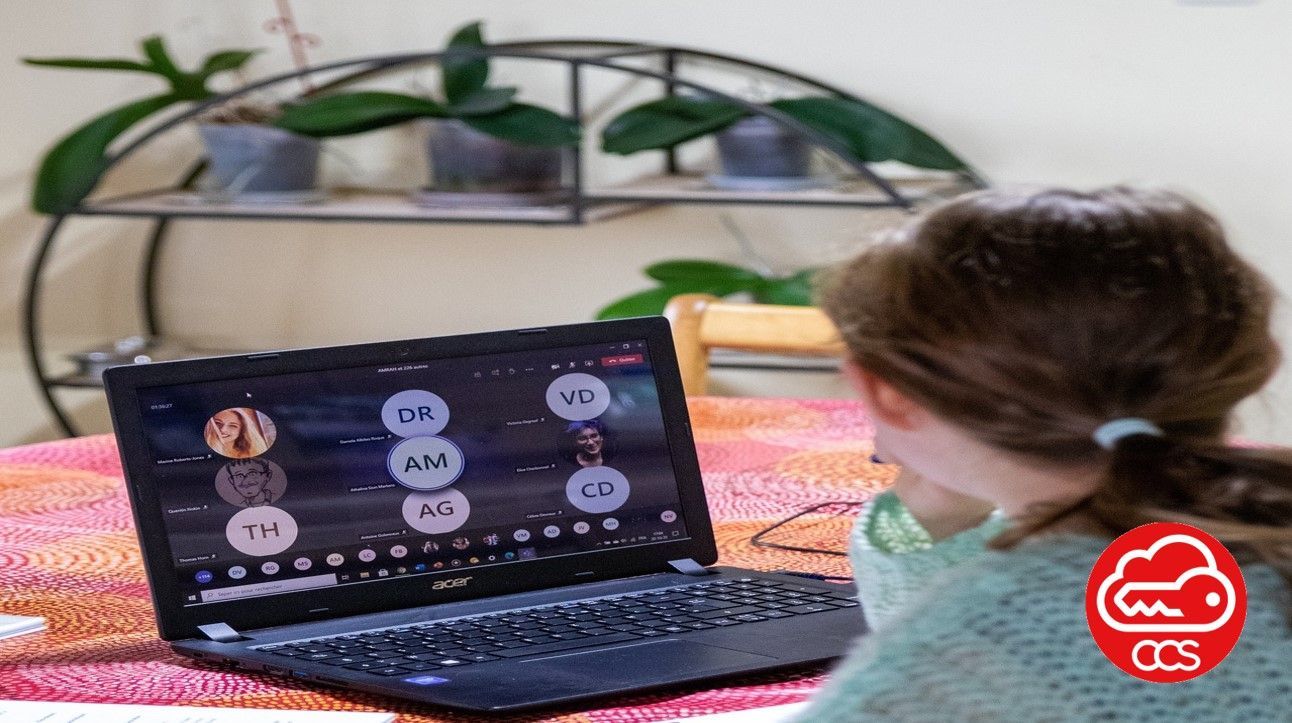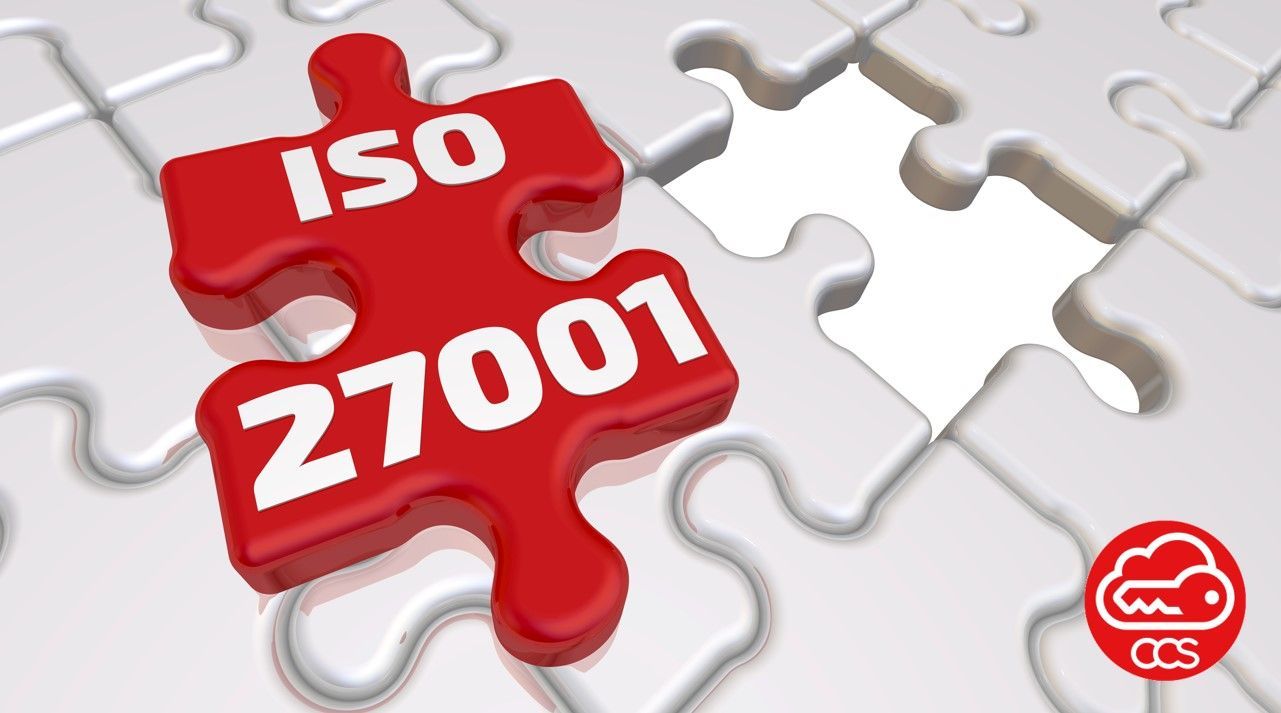ISO27001:2022 Information and Security Management Overview
ISO27001 provides a framework to provide Information security, cyber security and privacy protection that aims to protect the information of your organisation from security threats and will enable you to identify your information and data assets, determine the threats, assess the vulnerabilities, and then look for the controls within ISO27001 to address them.



